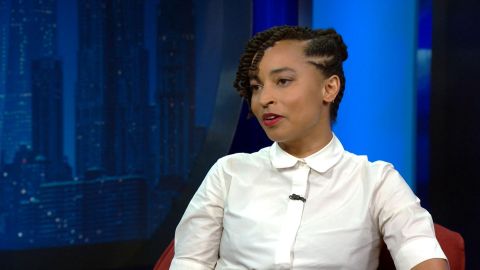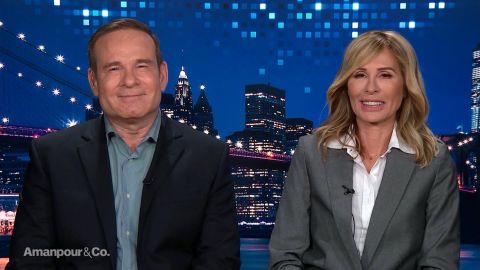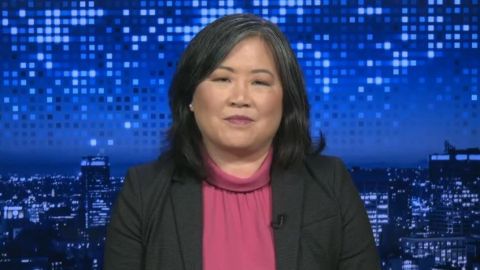Read Transcript EXPAND
AMANPOUR: Steve, listen, what did you think? What was the value added beyond the 20th anniversary that you thought you needed to and could bring to this story that is obviously been told endlessly?
GILLON: Well, like many of his friends, I protected John’s privacy while he was alive. And as a historian and also his friend, I feel it’s my responsibility now to preserve his legacy. What I — I want people to know that John, who I know. I don’t want John to be remembered as hunk flunk, sort of the sexiest man alive. The John who I knew and Carole knew and you knew was a much more complicated figure than that. And I — you know, one of the threads that runs through the book is this idea that John was really two people. That he was just John, you know, a typical privileged member of his generation, but he had a role to play his entire life and that was as John Fitzgerald Kennedy Jr. One — a lot of the book — the book focuses on is the challenges that John faced and how he dealt with that. And in the end, I think, in order to understand John and understand his character, you have to understand how he dealt with that burden and how he dealt with such enormous grace.
AMANPOUR: Carole, look, Steve mentioned we’re all friends, we were long- time friends, we still are, friends of John. I was too. And we were there together with him and Anthony and Carolyn on that last weekend of his life, the actual last weekend he spent in Martha’s Vineyard.
RADZIWILL: Yes, yes.
AMANPOUR: And your closeness was really bound, also, with the fact that you were married to his best friend and cousin on his mother’s side. He wasn’t a Kennedy. And that last weekend, it was very clear that Anthony, your husband, was dying of cancer. It sort of tragedy upon tragedy upon tragedy. Give me the personal story of how Anthony processed his death and how John was processing losing this close friend.
RADZIWILL: You know, I think John — Anthony was a very stoic, as you know, person. He was not one to let this cancer interfere with his life. It was until that last year, and specifically that summer, where it was very, very clear that he was not likely going to make it to the end of the summer. And I think John took — John — it was harder for John to process that. Anthony — if Anthony was in denial about the end of his disease, John definitely was. And that summer, he was coming around, I think, with the help of Carolyn because she was really helping him see that this was an important time to really come to terms with Anthony’s pending death. And, as you know, that last weekend, we were all at the beach. And if you didn’t know it, you would have thought we were just, you know, a bunch of friends having a good time at the beach.
About This Episode EXPAND
Christiane Amanpour speaks with Kris Kobach and Cecillia Wang about Trump’s racist tweets. Steven M. Gillon and Carole Radziwill join the program to discuss the 20th anniversary of John F. Kennedy Jr’s death. Rujeko Hockley sits down with Alicia Menendez to discuss the Whitney Biennial 2019.
LEARN MORE



